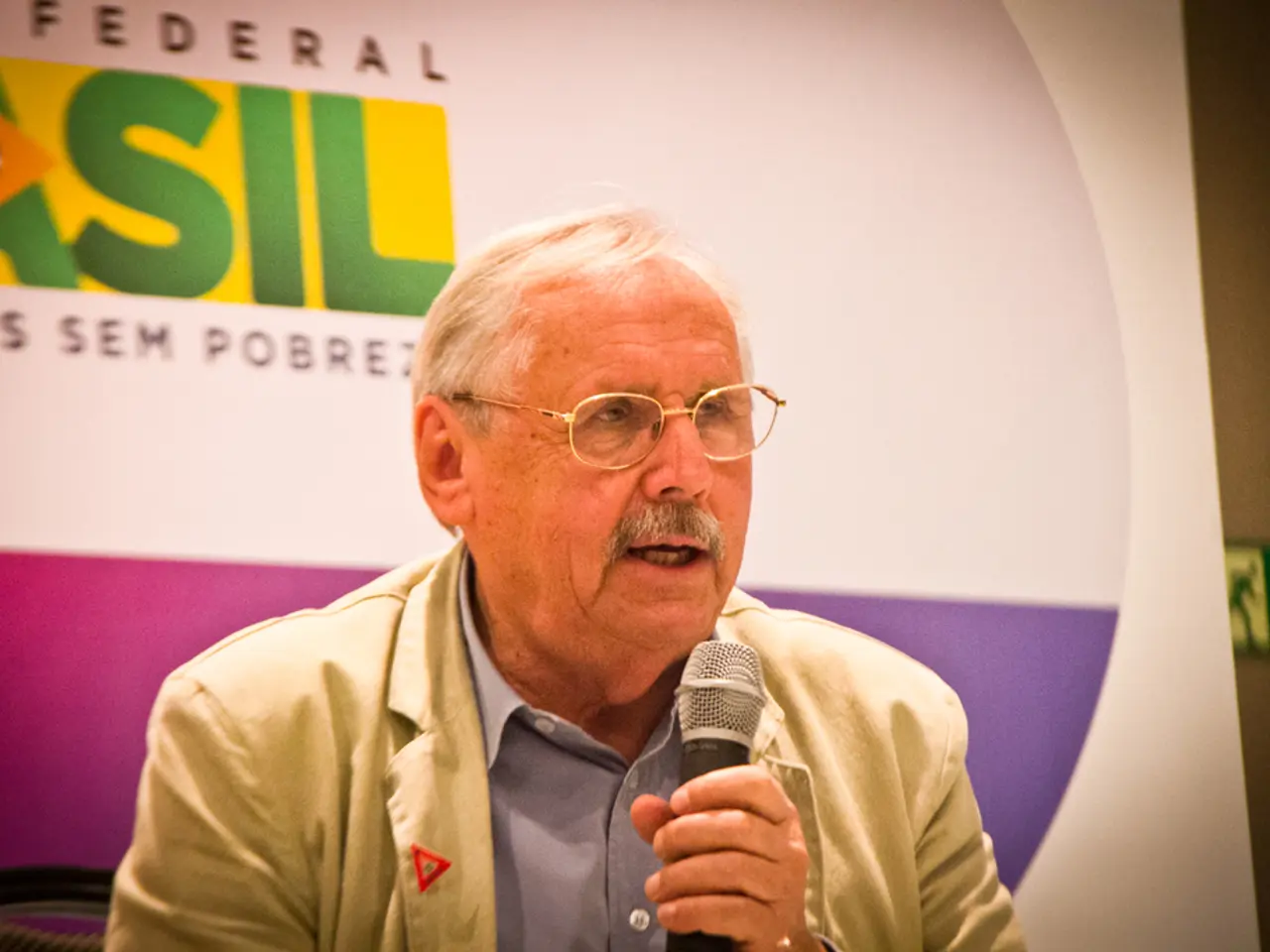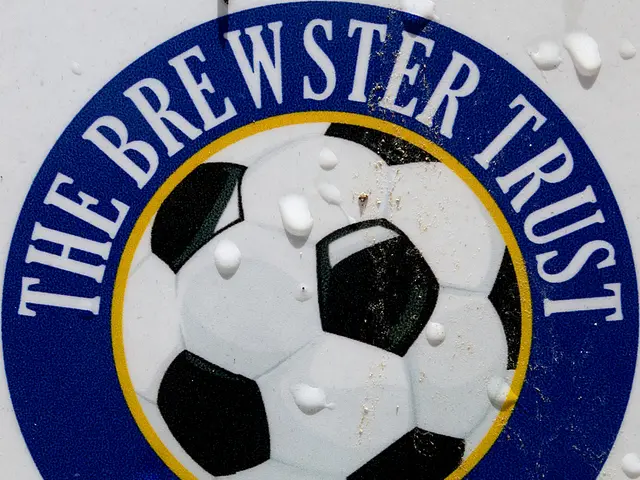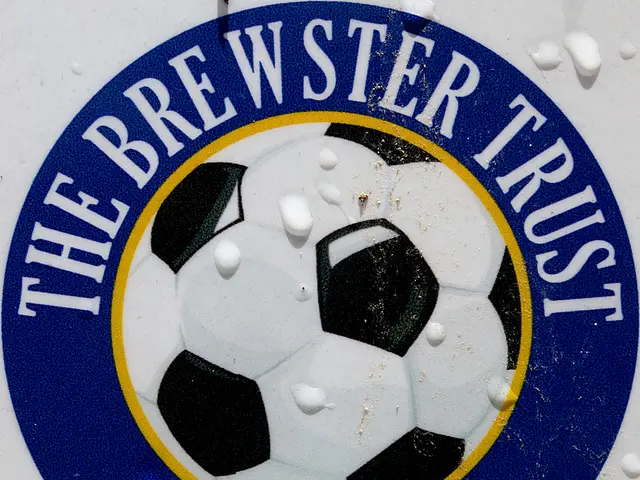Trump deploys National Guard and federalizes DC police force amid decreasing crime rates
President Trump's proposal to deploy National Guard troops and assume control of Washington D.C.'s police force under the District of Columbia Home Rule Act has sparked a wave of legal and political controversy, as well as concerns about local autonomy and civil liberties.
The deployment of National Guard troops, including units from states like Mississippi, and the declaration of a "Crime Emergency" are presented as measures to restore law and order amid rising crime in the capital. However, this approach raises questions about the legal authority for federal intervention into D.C.'s local law enforcement.
The Trump administration is relying on a "maximalist" interpretation of various unclear and untested legal provisions, such as D.C. National Guard activation statutes and other military deployment laws, to justify military involvement in local policing. The validity of this interpretation under judicial scrutiny remains uncertain.
The District of Columbia Home Rule Act grants D.C. substantial self-governance, including control over its police force. Federal takeover or overriding local authority is seen by many as an infringement on D.C.'s rights and a challenge to democratic governance in the city.
Moreover, the political context of Washington, D.C., being predominantly Democratic, has led critics to perceive the deployment and control actions as politically motivated and potentially targeting the city’s leadership and population for political leverage rather than purely public safety reasons.
Opponents of the plan warn that the National Guard presence may lead to the militarization of local policing, increased tensions, and potential abuses of power that threaten civil rights. Supporters argue that the National Guard enhances security and addresses crime.
Mayor Muriel Bowser, in her first public comments since Trump started posting about crime in Washington last week, questioned the effectiveness of using the National Guard to enforce city laws and suggested that the federal government could be more helpful by funding more prosecutors or filling vacancies on the DC Superior Court.
Trump has yet to offer details about possible new actions to address crime levels he argues are dangerous for citizens, tourists, and workers alike. The unfolding legal challenges and political debates highlight the tension between federal authority and local self-rule in the nation’s capital.
This strategy by Trump exemplifies a broader pattern of expanding federal military involvement in domestic affairs, which may set precedents affecting other U.S. cities.
Read also:
- Court petitions to reverse established decision on same-sex marriage legalization
- Trump's enforcement actions in Washington D.C.: Insights from the political arena
- Chinese Ambassador issues stern message to India regarding Trump's tariffs in midst of escalating trade feuds
- Aircraft collides with another one on the runway during landing at Montana airport, igniting flames








